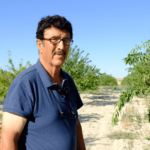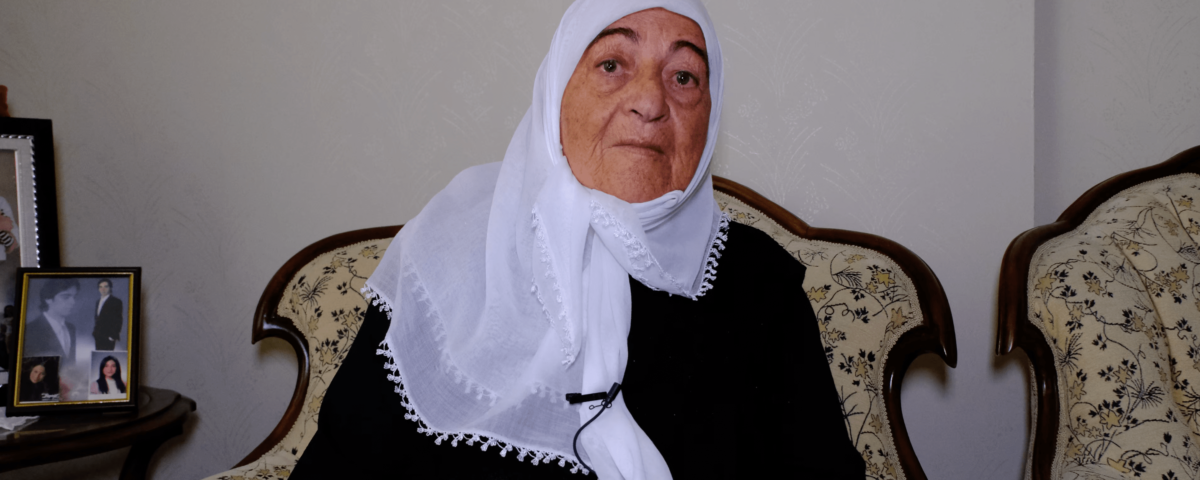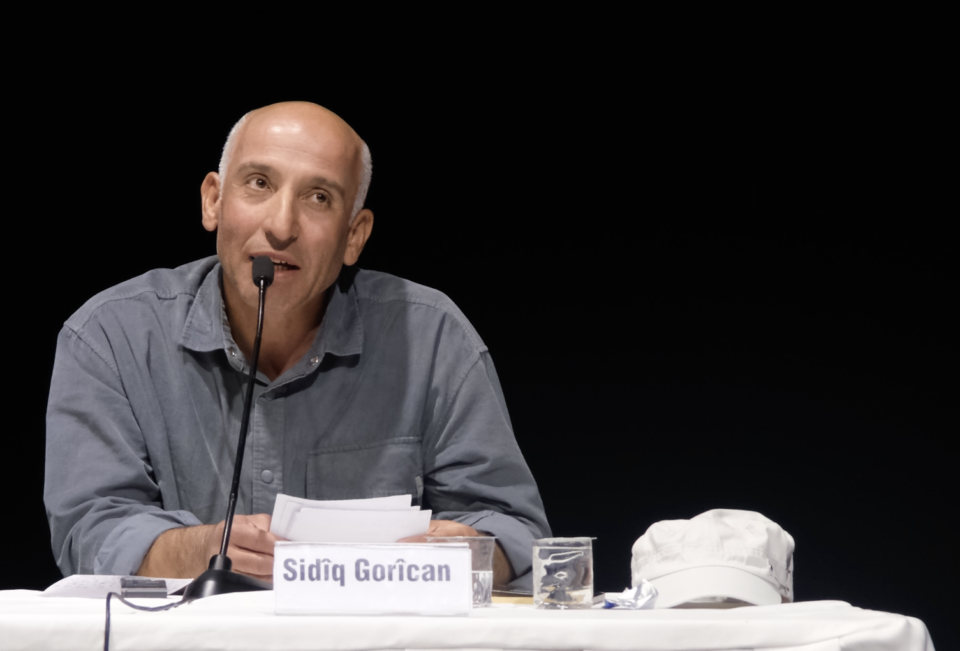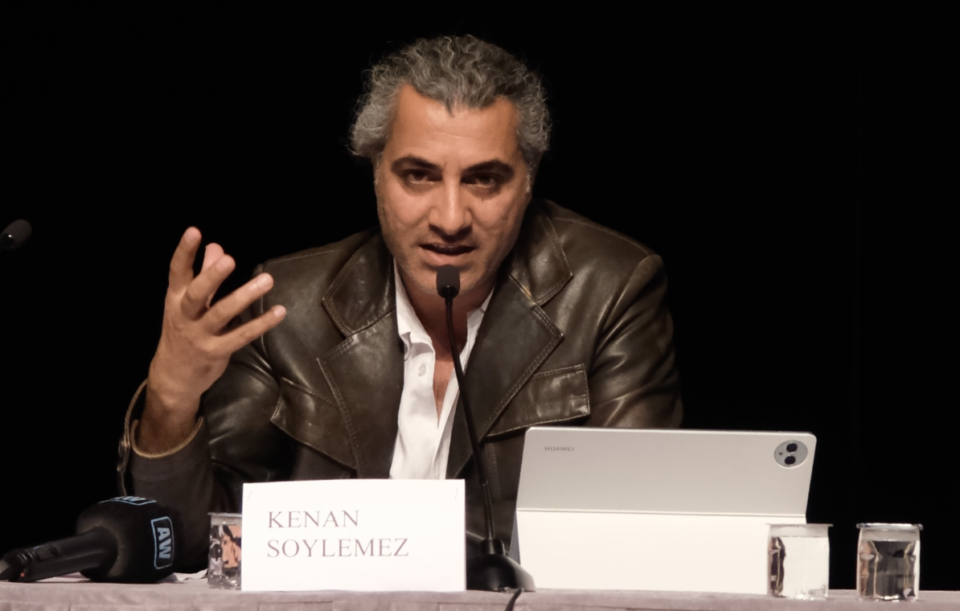
How and when did the Kurds come to Central Anatolia?
23.04.2025
It makes you happy to see the fruit of something you planted
23.04.2025Oral culture among Kurds has been the carrier of emotions, pain, joy and social memory throughout history.
Experienced events, loves, losses have generally been expressed through songs, laments and epics; these works have been passed down from generation to generation through memory, sound and word.
The pain carried by oral culture: After Cemal
One of the last examples of this ancient tradition is the lament sung by Elif Ergin, who recently lost her son Cemal to a heart attack.
This heartfelt lament, which begins with the words “Son son Cemal son”, is a mother’s attempt to express her greatest pain in words and melody.
Lament is not just mourning; it is resistance, commemoration, and remembrance.
What is the Kurdish lament tradition?
In Kurdish folk music, laments (stranên şîn) stand out as an emotional form of expression, especially in the face of major traumas such as death, loss, and migration.
Laments are generally:
👣 Based on real experiences
🎙️ Transmitted orally
🎼 Allows individual pain to transform into social memory
🌱 Keeps identity, belonging, and cultural memory alive
Elif Ergin’s lament has taken its place in oral culture as a part of this heritage.
A cry flowing from heart to heart
Elif Ergin’s lament, whose heart was torn after Cemal’s sudden death, became both a mother’s cry and a common melody carrying the pain of the Kurdish people.
“Son, son Cemal son…”
These words contain a mother’s helplessness, inability to accept, and deep longing.
This lament not only shows the memory of Cemal, but also how loss is processed in Kurdish culture and how mourning is expressed.
Carrying oral culture into the future
Recording such laments does not only mean documenting an individual story; it also means keeping the oral memory of a people alive. This lament, which begins with the words “Son son Cemal son”, is not only the voice of a mother, but also the collective voice of a people. This lament rising from Elif Ergin’s heart is also etched into our memories, never to be forgotten.






